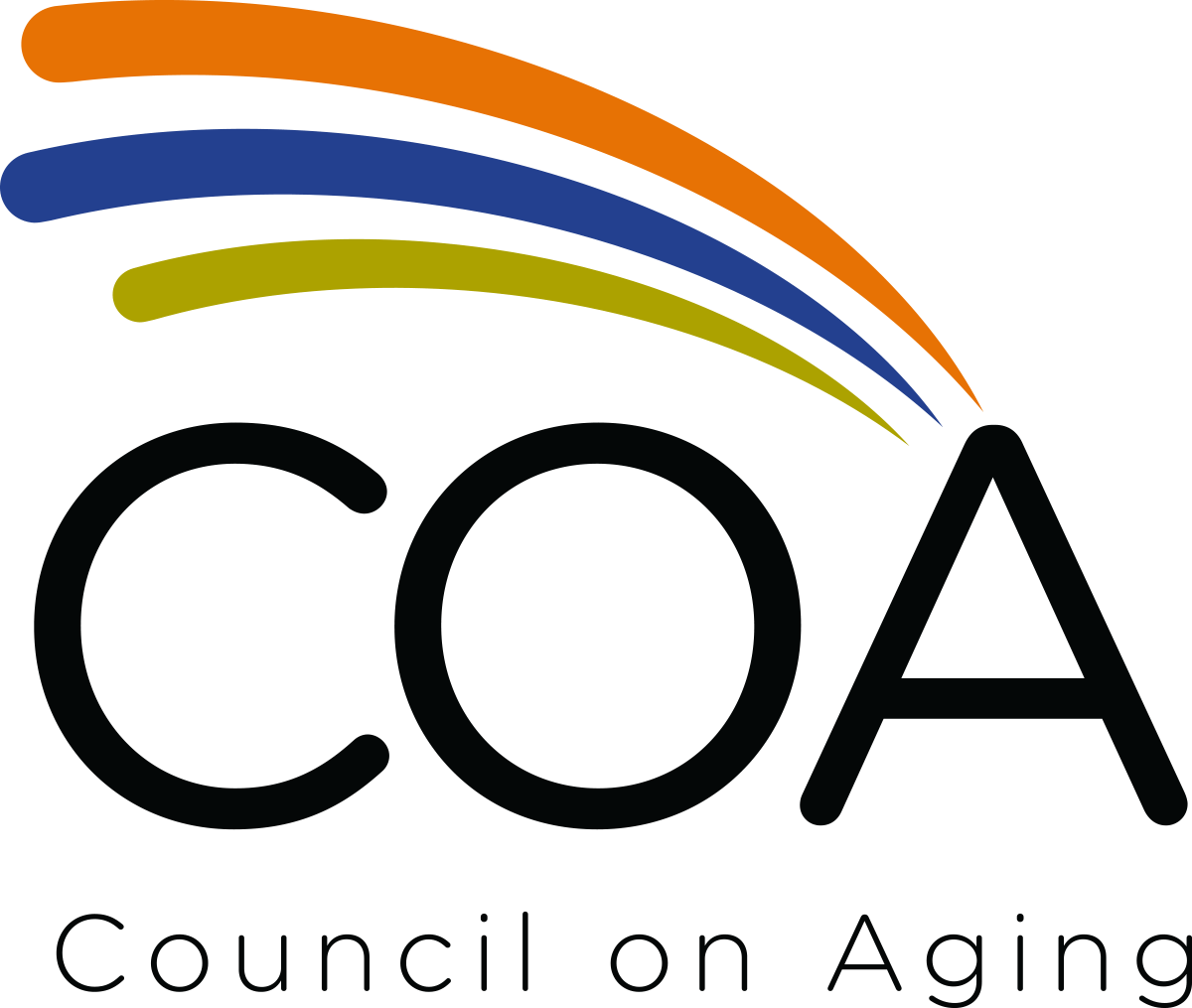By: Susan Monnin, Community Outreach, Butler County Prosecutor Michael Gmoser
It’s unfortunate, but ANYONE can be scammed and older adults are often targeted.
No matter how educated you are, it can happen to you. Fraudsters prey on emotions, not intellect. Even if you are extremely vigilant and protective, scams can happen easily.
According to the Federal Trade Commission, consumers lost more than $12.5 billion to fraud in 2024 – this is a 25% increase from 2023. People age 60+ reported losses totaling $1.18 billion. As a comparison: people in their 30s reported total losses of $810 million (AARP).
Why are older adults more susceptible to being scammed? They are trusting, financially stable and often socially isolated and lonely. From the reports I’ve received through the years, I see this as a main reason why older adults become victims.
Be aware when using social media
Scammers view social media as a “target-rich environment” – meaning they can access many potential victims. Facebook, Instagram and TikTok are among the top social media platforms on which scammers find their victims. Scammers spend hours grooming their victims by invoking affection or by scaring or threatening to embarrass them.
Scammers also know that older adults spend a lot of time on social media. Many tell me that social media is their connection to family and friends and a critical way they remain in touch.
We want to protect
How do we protect our aging loved ones from financial exploitation? Sadly, it’s almost always after an older adult is completely out of money that loved ones learn about the scam. And by then, it’s very difficult to address. Many times, law enforcement’s hands are tied and there may not be anything they can do. Many fraudsters are out of the country – making it difficult to find and arrest them, much less get any money back.
This is where we come in – the Crimes Against the Elderly Task Force (CAETF). Formed in 2011 by Butler County Prosecutor Mike Gmoser, the CAETF initiated the collaboration of the prosecutor’s office with members from law enforcement, senior service agencies and businesses.
Through referrals from these organizations along with those from family members and older adults themselves, our office receives reports of financial exploitation mostly through romance or investment scams. (See links below for information on these scams.)
Protect yourself
Here are some specific ways to avoid being a scam victim:
- Be very careful when using social media and avoid less-monitored apps like WhatsApp, Signal and Google Chat. According to the Federal Trade Commission, more money is lost to fraud originating on social media than any other method of contact.
- Educate yourself on the latest scams. Explore the links below to learn more.
- Absolutely, positively DO NOT click on any link or attachment sent to you before verifying its legitimacy.
- Above all – communication is key. It’s important to stay in touch with aging loved ones. Check in on an older adult and encourage them to touch base with their friends.
If you or someone you know becomes the victim of a scam, please call me at 1-888-662-3673.
Related:
- Prevent, Detect & Report Medicare Fraud | SMP
- Learn how to avoid romance scams | AARP
- What to know about romance scams | FTC
- Top investment scams to be aware of | Money Week
About the author
Susan Monnin serves as Community Outreach Director for Butler County Prosecutor Michael Gmoser. Throughout her 11-year tenure, one of her favorite responsibilities is leading the Crimes Against the Elderly Task Force.








